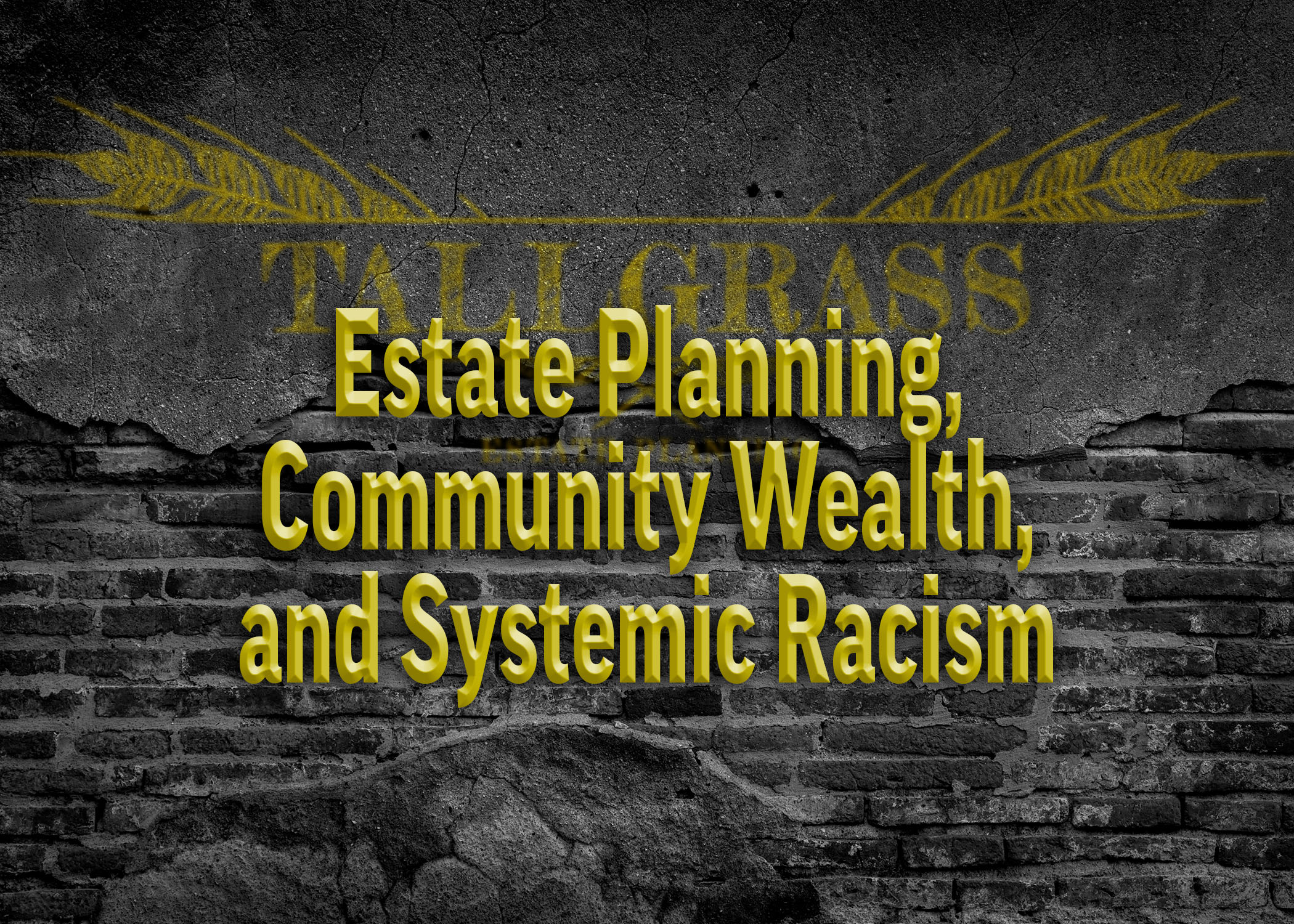
On the day I am writing this, a single Bitcoin is worth over $56,183 United States Dollars. A piece of NFT-based digital artwork by the artist Beeple was recently sold by Christie's for $69.3 million. Dogecoin, which features the likeness of a dog popularized in an internet meme, is a peer-to-peer cryptocurrency that now boasts one of the largest market caps in the industry.
Each of these assets - Bitcoin, NFTs (non-fungible token), Dogecoin, and so many others - exists on something called the blockchain. You may not know or understand what it is, but it's growing more and more influential, valuable, and popular every day.
With an increasing number of clients who own blockchain assets, it is important to effectively integrate these assets into estate planning strategies and documents. This is especially true when you consider that, according to many experts, 23-30 million Bitcoins have been lost, and many of those because the owners died without an effective way to transfer the asset. In today's dollars, those 30 million lost Bitcoins represent more than $1.6 TRILLION DOLLARS in lost wealth.
If you have blockchain assets, here are some basic things that need to be part of your estate plan.
1. Be sure your power of attorney, will, and trust have clear provisions for the management of digital assets. Digital assets include anything stored digitally. This could be cryptocurrency, but it could also be your email, social media, family photos in cloud storage, usernames and passwords for financial accounts, and so many other things. In fact, most of our assets - or at least access to our assets - are now held digitally. Estate planning should provide a way for agents, executors, and trustees to access and manage these assets securely.
2. Be sure your agents, executors, and trustees have access to the personal key or passcode associated with your blockchain assets. Without this key, the asset is lost. It's like it has been buried in the desert, and your family has neither a map nor a shovel. However, it is not a good (or safe) idea to simply include the passkey in your legal documents. Blockchain assets are a digital problem with an analog solution. Better to write your passkey on a piece of paper and store it in a safe or a safe deposit box, and then ensure your agents, executors, and trustees have knowledge of and access to the safe location.
3. Be clear about how the blockchain asset is to be administered. Who is it for? Should it be converted to standard currency or continue to be held in the blockchain?
4. Make your trustee's job easier by anticipating problems created by "prudent investor" rules. There are serious concerns among many financial advisors and lawmakers that blockchain assets are too unstable to be a significant part of a portfolio. If you want your successor trustee to continue to manage blockchain assets, you need to provide them the specific authority to do so without being accused of violating their duty to be a "prudent investor" of your money.
5. Talk with your accountant about tax implications of owning blockchain assets. Most are treated as property and subject to capital gains. State laws allow you to determine whether capital gains should be treated as regular income for your beneficiaries.
Click HERE to watch a quick video presentation of this information.
Here's the stuff we always put at the end:
If you want to know more, we would love to talk with you. Best part, the conversation about how it could benefit you doesn't cost anything. If you're in the Tulsa area, call us at (918) 770-8940, or send an email to firm@tallgrassestateplanning.com. If you're in the Oklahoma City area, call (405) 358-3548 or send an email to howdy@tallgrassestateplanning.com.
Disclaimer: Reading this blog post does not create an attorney-client relationship, and it is not formal legal advice. This is for information purposes only. It is always best to speak with an attorney about your questions, assets, concerns, and needs.

















